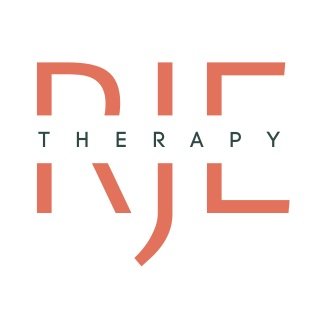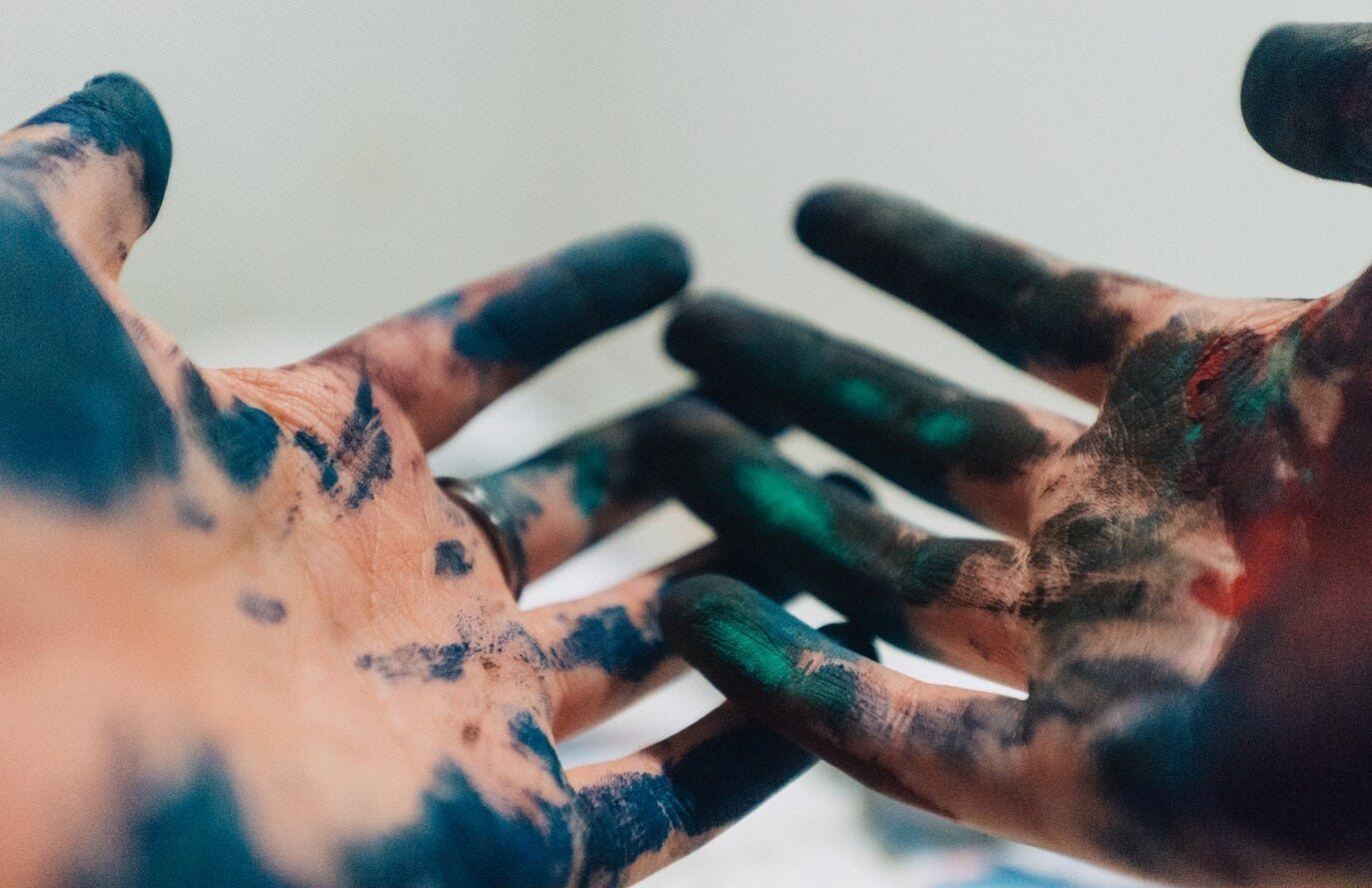What happens in therapy?
As a therapist, I take care to individualize my approach which each client so that our time together is as helpful as possible for them in their unique context. So while I may work differently with an adolescent client who is struggling with an eating disorder & finals anxiety than I would with a queer 40-something who is navigating parenthood through a divorce, I do find that good therapy typically involves these core elements.
-
You’ve probably heard of mindfulness, and you also may find it difficult to implement into your daily life. We’re busy and our days are filled with all kinds of automatic responses we hardly notice. Therapy offers a unique relationship and contained time within which you’re invited to become highly attuned to yourself.
-
We all carry stories in our memories and in our bodies, and many of them remain untold. The act of simply walking another person through our version of an experience can be healing — through catharsis, through having a witness, through hearing ourselves say something aloud that we’ve never articulated.
-
You would be surprised how many experiences you’ve had that you’ve interpreted in a particular way. When you discover that your interpretation of an experience is causing you pain, and that there are other ways of interpreting the same experience — that is the beginning of freedom.
-
There are some therapists that sit idly by, silently waiting for you to come to solutions on your own. That’s not me. If you are seeking concrete help with a difficult situation or a cycle that you can’t seem to interrupt, and I have a useful tool or suggestion that I think would help you, I will offer it.
-
We often think of skill development as something that children do, and as adults, we only permit ourselves to be learners when it comes to careers or hobbies. What would it be like to concede that maybe we didn’t stop learning how to be human when we turned 18, and that we might still benefit from new skills?
-
The most powerful aspect of therapy is practicing. We practice storytelling and meaning-making so we can do this on our own outside of therapy. We notice ourselves in therapy so we bring that awareness to our lives. We practice solving problems and developing skills so we can become lifelong learners and growers.
“Therapy is a deep and comprehensive exploration into the course and meaning of one’s life.”
“Not everything that is faced can be changed; but nothing can be changed until it is faced.”
“Whether we learn how to love ourselves and others will depend on the presence of a loving environment. Self-love cannot flourish in isolation.”
“The freer I am to be in this world, the freer I am to contribute to its welfare and its flourishing.”
“When we liberate ourselves from the expectation that we must have all things figured out, we enter a sanctuary of empathy.”
“So long as one lives, change is possible.”


